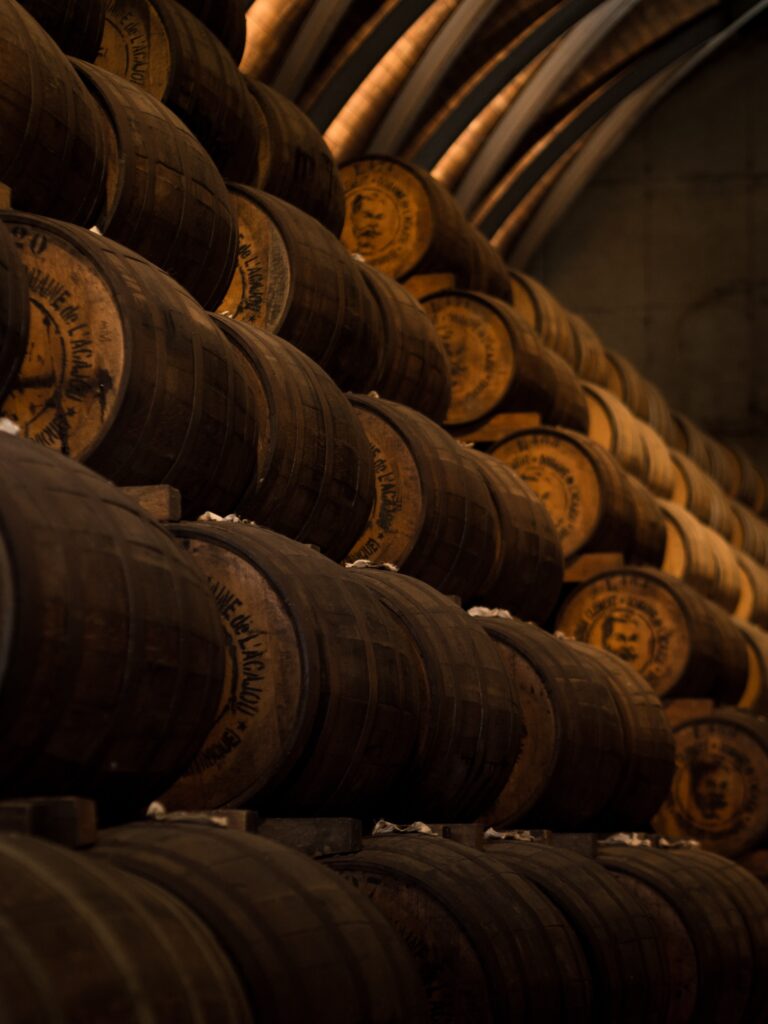Alcohol Transfers-in-Bond: What You Need to Know

In the world of alcoholic beverages, a fascinating process called “bulk transfer” takes place. This is when one manufacturer, known as the “shipper” or “consignor,” sends a large quantity of wine or distilled spirits to another manufacturer, referred to as the “receiving plant” or “consignee.” This type of transfer, often known as a “transfer in bond” (TIB), is quite common, especially among craft distilleries. Let’s explore what this all means and how it works.
What’s a Transfer in Bond (TIB)?
Picture this: a craft distillery needs a significant amount of grain neutral spirits to craft their beverages. Instead of buying small amounts, they make a bulk purchase from a larger manufacturer. This is where a transfer in bond comes into play. The alcohol moves from the consignor’s licensed premises (called the “bonded premises”) to the consignee’s bonded premises. The term “in bond” signifies that the alcohol is moving between licensed facilities without excise taxes being paid at that moment.
The Excise Tax Story
Now, don’t think that these products are excise tax-exempt. It’s not that simple. The responsibility to pay the excise tax shifts from the consignor to the consignee. This means that the tax doesn’t have to be paid until the alcoholic beverages are packaged and ready to leave the bonded premises. This aligns with federal and state laws, ensuring everything is above board.
Getting Technical: TTB Transfer-in-Bond Applications
The Transfer-in-Bond process involves some official steps, particularly when it comes to spirits. For wines, no federal permission is required, but for spirits, an application needs to be submitted. Here’s what’s needed for that application:
- Shipper’s Distilled Spirit Plant Permit Number
- Shipper’s Premises Address
- Shipper’s Company Name
- Name and title of Authorized Person for Receiving Plant
Two methods are available for filing the consignee’s transfer-in-bond application:
- Paper Application: This involves filling out and mailing form TTB F 5100.16 to the TTB’s National Revenue Center.
- Amendment via TTB Permits Online: This modern approach involves filing an amendment on the consignee’s distilled spirits plant permit through the TTB Permits Online system.
The amendment process entails following some steps, making sure all the necessary information is provided. Once approved, the consignee receives notice and can proceed with the transfer.
One Exception: Beer
Now, let’s talk about beer. Unlike spirits and wine, both federal law and Florida Beverage Law don’t allow beer or malt beverage products to be transferred in bond. Florida’s regulations are clear: breweries within the state can’t transfer bulk beer to other breweries, whether within or outside Florida.
Conclusion
Bulk transfers without paying excise taxes upfront can seem complex, but they follow specific rules to ensure everything is legal and above board. Craft distilleries benefit from these transfers in bond, making it easier for them to get the ingredients they need to create their unique beverages. And remember, while these transfers might seem like a magical loophole, they’re actually a well-regulated and structured process that helps keep the alcoholic beverage industry flowing smoothly.
Because we’re attorneys: Disclaimer. Published 08/20/2023.

